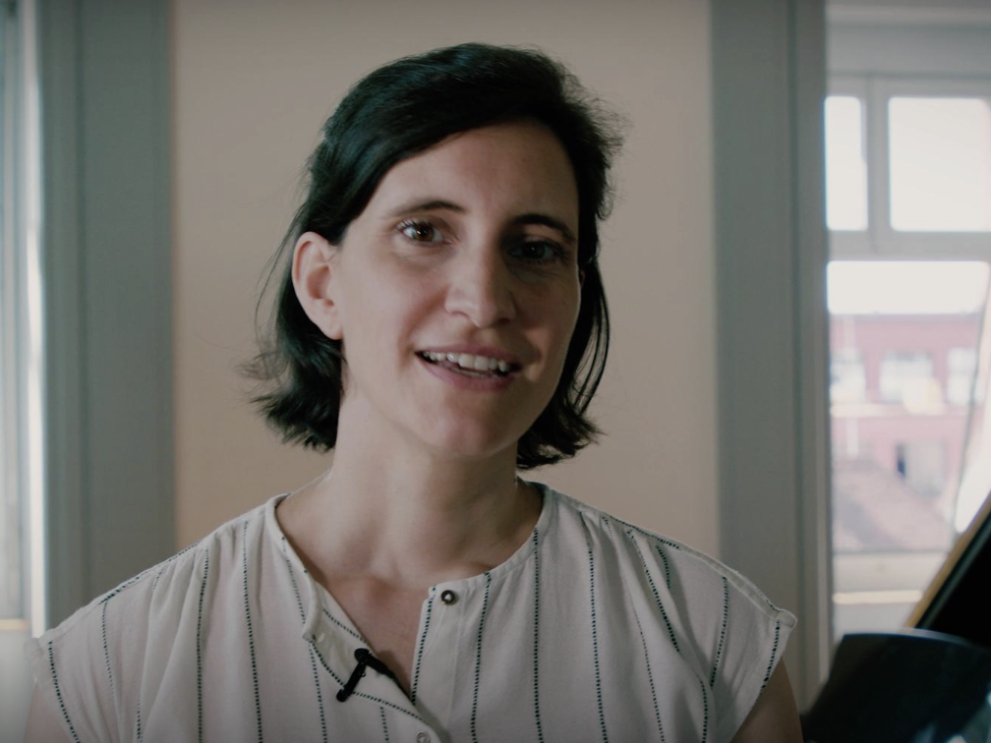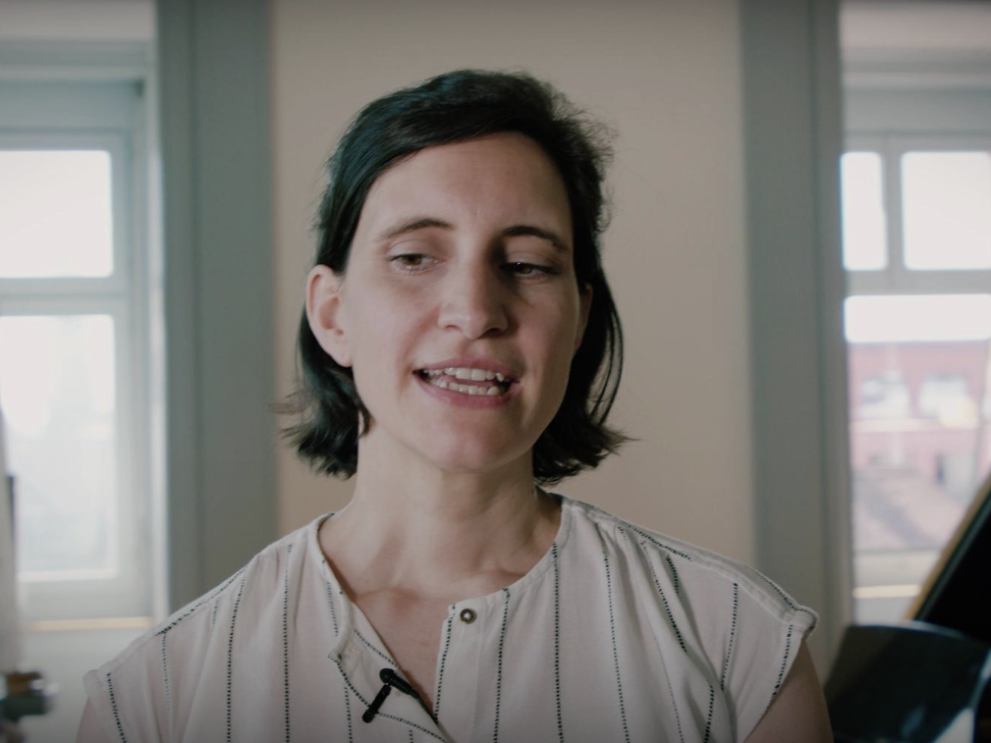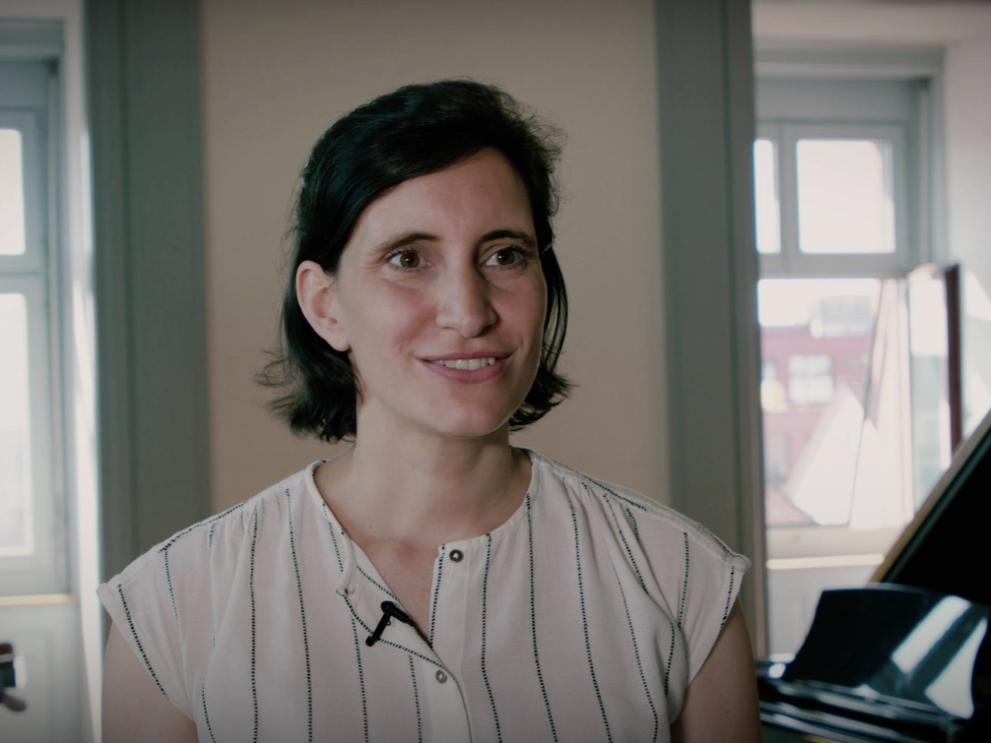
Video impulses psychology
Video impulses on psychological topics with Giselle Reimann
Dear colleagues,
with these videos we offer you short content impulses on three psychological topics. Specifically Projection, transference and the drama -triangle, that naturally occur in all human interactions. They are given relevance by the fundamental importance of professional relationship building in our collaboration with students and in the college for the achievement of our goals.
Our intention with these video impulses is to inform and sensibilize – to enable more clarity about ourselves or our interaction partners and therewith broadened perspectives.
We are interested in your feedback and would like to hear it.
Cordially,
Giselle Reimann, Psychologist and psychotherapist
Simon Schwab, Online communication and content production
Peter Knodt, Coordinator teaching development
When teachers and learners interact, projections and transferences are often at play. They can be effective on both sides and significantly influence the respective image of one partner of the other. Related to the perception of students by teachers means projection and transference: In projections, the teacher experiences his/her own characteristics in the learner that are often perceived as problematic; in transferences, there is an unrecognized third person at play whom and whose behavior the teacher feels reminded of in his/her interactions with the learner. In both cases, a distortion and misinterpretation of perception occurs. The less it is seen through by the person projecting or transmitting, the more problematic it becomes. Friedemann Schulz von Thun gives the following self-directive: ²When I meet new people, I try to ask myself who they remind me of. By becoming aware of such similarities, I reduce the ever-present danger of burdening the new relationship with old “unfinished business.” I am then able to do a reality check on my unconscious fantasies[…]. As a recipient, knowledge of the transference mechanism is also crucial. I have to know that I “get transferences,” i.e., not every feeling that is expressed to me really applies to me, but perhaps to someone else entirely.² (Schulz von Thun 1981, p. 177) Psychologist Ruth Cohn emphasizes how important it is, especially for educators, to reckon with projections and transferences and to track them down: ²I am convinced that the knowledge of and dealing with the universal transference phenomena belongs to the essential tools of the trade of all educators […]. How much less pain and vulnerability there would be in classrooms and other places if people living and working together could learn in groups that not all the reactions they encounter are really “lived to” themselves, but apply to earlier figures (parents, teachers, siblings) in the lives of others; and how much more clearly each person could learn what illusions and prejudices he/she him/herself unconsciously transmits to others! (Cohn 1975, p. 196, quoted from Schulz von Thun 1981, p. 177).
From: Ulrich Mahlert, Wege zum Musizieren – Methoden im Instrumental- und Vokalunterricht, p. 213-214, 2011 Schott Mainz.


